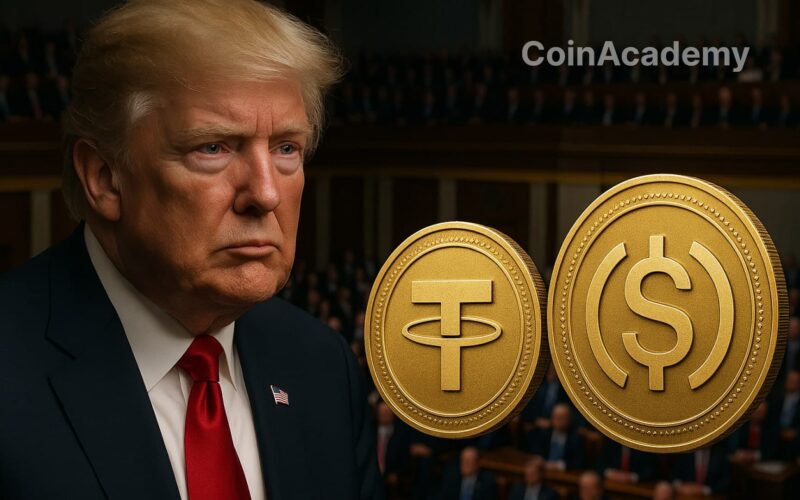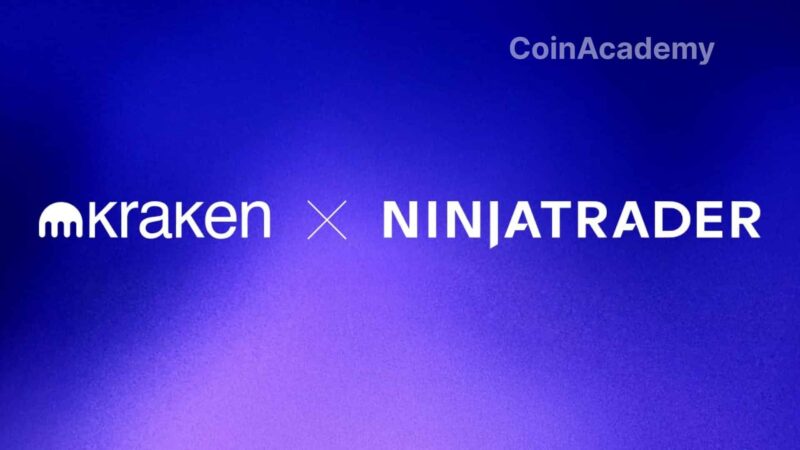The US Senate will vote on the GENIUS Act on June 17, a potentially historic law that would establish a federal framework for stablecoins like USDT and USDC.
The GENIUS Act Walking a Tightrope
On June 17, Washington will play a new round in the regulatory battle surrounding cryptocurrencies. This time, all eyes are on the GENIUS Act, a proposed law that could finally provide a clear legal framework for stablecoins in the US.
This text, formally named Guiding and Establishing National Innovation for US Stablecoins, passed a crucial step: the Senate voted on Wednesday with 68 in favor against 30 for a ‘cloture,’ a procedure to accelerate the legislative agenda. Translation: the majority of senators are ready for the final vote.
The vote is scheduled for Tuesday, June 17. The exact time will be set by majority leader John Thune, in agreement with Democratic leader Chuck Schumer. The outcome is uncertain, but the bipartisan support so far hints at a possible adoption, despite initial rejection, notably through opposition from figures like Josh Hawley, a Republican senator from Missouri, who denounces a ‘huge favor to tech giants.’
A Law Tailored to Appease Wall Street and Reassure Crypto
The GENIUS Act does not come out of nowhere. Faced with the rise of stablecoins, cryptocurrencies mainly pegged to the dollar like USDT or USDC, the US lags in regulatory matters. This legal void worries investors and businesses as American giants like Amazon and Walmart consider launching their own stablecoin.
The ambition of the text? To lay the first foundations of a federal regulatory framework for these assets, today at the crossroads between traditional finance and decentralized innovations. This would be a major step forward for issuers like Circle, as well as for American banks and fintechs aiming to enter the race without risking breaking vague laws.
Sensitive Amendments on Conflicts of Interest
Following an initial rejection of the GENIUS Act, the debate was not only economic. A key amendment has been proposed to regulate the potential profits of elected officials and their families related to the crypto industry. A discreet nod to certain shadows around the Trump family and their company World Liberty Financial, which has just unveiled its own stablecoin.
This ethical aspect could weigh on the final vote, as some officials wish to avoid a media backlash or subsequent investigation.
Meanwhile, the House is Also Making Moves
While the Senate discusses stablecoins, the House of Representatives is advancing on another front: structuring the crypto market. Two committees have just progressed the Digital Asset Market Clarity (CLARITY) Act, a bill that aims to definitively define the roles of the securities watchdog (SEC) and futures market regulator (CFTC) in the world of digital assets.
A Regulatory Convergence in Progress?
It’s hard to say if either of these texts will reach the president’s desk to be signed. The Republican majority is slim, and partisan tensions are palpable. But one thing is certain: the US is finally taking the issue of crypto regulation seriously. And stablecoins, the backbone of decentralized markets, are now at the heart of the battle.




